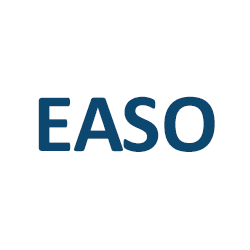Asylum Research Centre (ARC), formerly Asylum Research Consultancy, was set up by Liz Williams and Stephanie Huber in 2010. Between October 2016 and July 2022 ARC Foundation was incorporated as a charitable incorporated organisation. Our aim is to raise standards in the production and use of COI and the refugee status determination process as a whole, ultimately ensuring that those in need of protection are recognised as such.
ARC undertakes research, advocacy and training to improve the quality of refugee status determination
News
- January 2025
Commissioned by UNHCR, ARC published today its latest COI report on Sri Lanka focusing on the presidency of Ranil Wickremasinghe (2022-2024), including the first few months of the current presidency of Anura Kumara Dissanayake.
- August 2024
In August 2024 ARC published a COI Query Response on Ethiopia: Situation in the Oromia Region (May 2022-May 2024). Commissioned by UNHCR the report explores the political, security and humanitarian situation in the Oromia region and the treatment of Oromos outside of the Oromia region.
- April 2024
This month ARC published a Query Response on the Situation in the Amhara Region (January 2022-February 2024), commissioned by UNHCR
- August 2023
Commissioned by UNHCR, ARC published in August 2023 a series of query responses focusing on the situation and treatment of the LGBTQI+ community in Egypt, Iran, Kenya, Tunisia and Uganda between January 2020 and July 2023.
- July 2022
ARC Foundation has just published its Annual Report 2021/2022 outlining its outputs and achievements since its inception in 2016. Following five intense, interesting, challenging and exciting years, ARC Foundation will officially close down this month. However, ARC, the consultancy, will continue so do get in touch if you are interested in collaborations or require assistance in research, training or project management. We would love to hear from you: steph@asylumresearchcentre.org
- January 2022
Announcement: ARC Foundation winding down and transferring key projects to Asylos
ARC Foundation’s Board of Trustees have agreed that ARC Foundation’s charitable purpose can best be realised if its cooperation with Asylos be increased. To this end Asylos will take forward key projects that have up to now been run by ARC Foundation or were jointly delivered by both organisations. Consequently, ARC Foundation will wind up its activities by March 2022 and dissolve as a CIO (Charitable Incorporated Organisation) by July 2022. To get in touch with Asylos’ new Programme Manager email Emily Wilbourn and Fatima Ali, and to find out more about the transfer visit here.
ARC will continue to operate as a consultancy, offering research, project management and training services. For further information contact Stephanie Huber.
Latest Publications
-
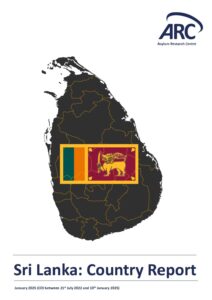
January 2025
COI Report on Sri Lanka -
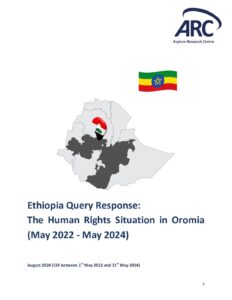
August 2024
Query Response on Oromia -

April 2024
Query Response on Amhara -

January 2024
Query Response on Iran -
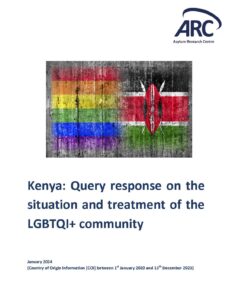
January 2024
Query Response on Kenya -

August 2023
Query Response on Uganda -
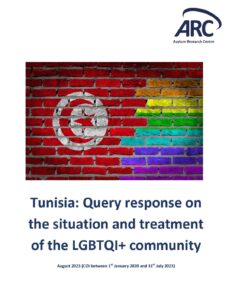
August 2023
Query Response on Tunisia -

August 2023
Query Response on Egypt




